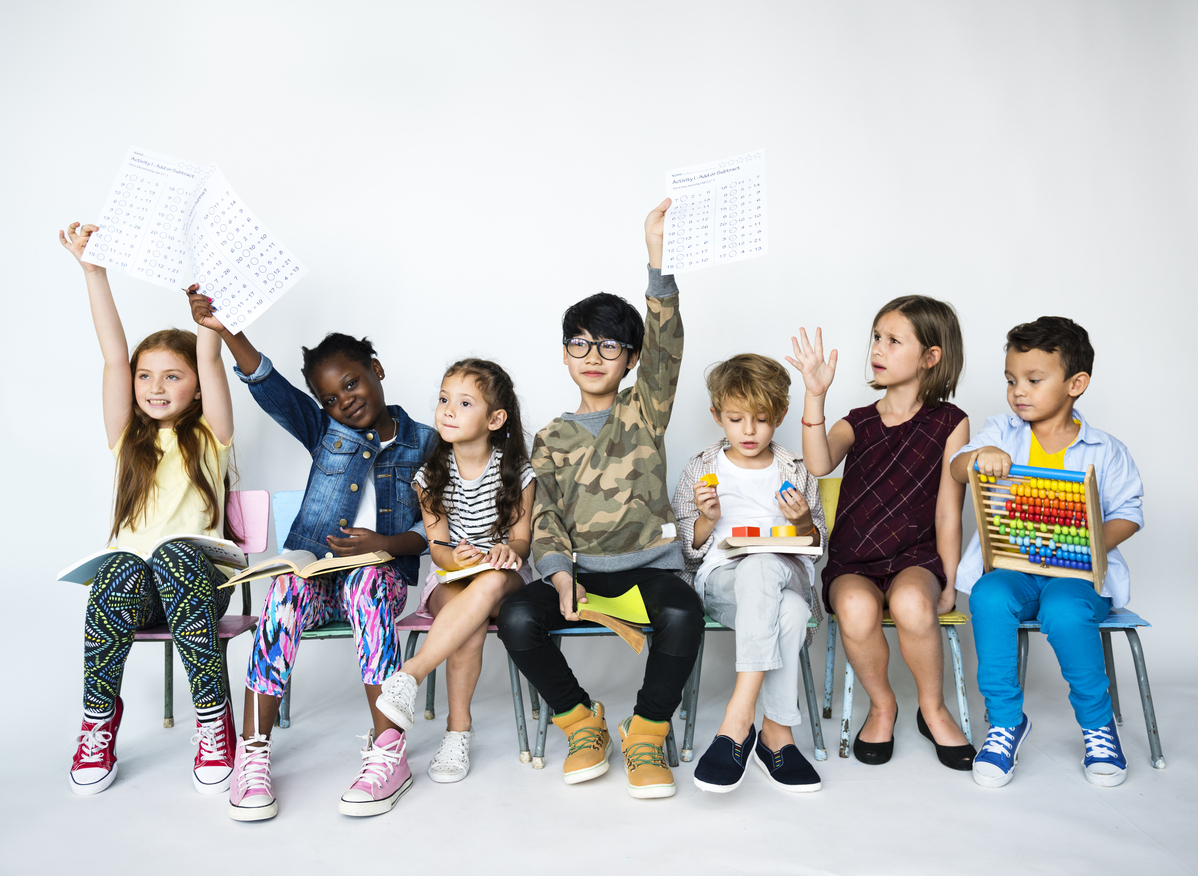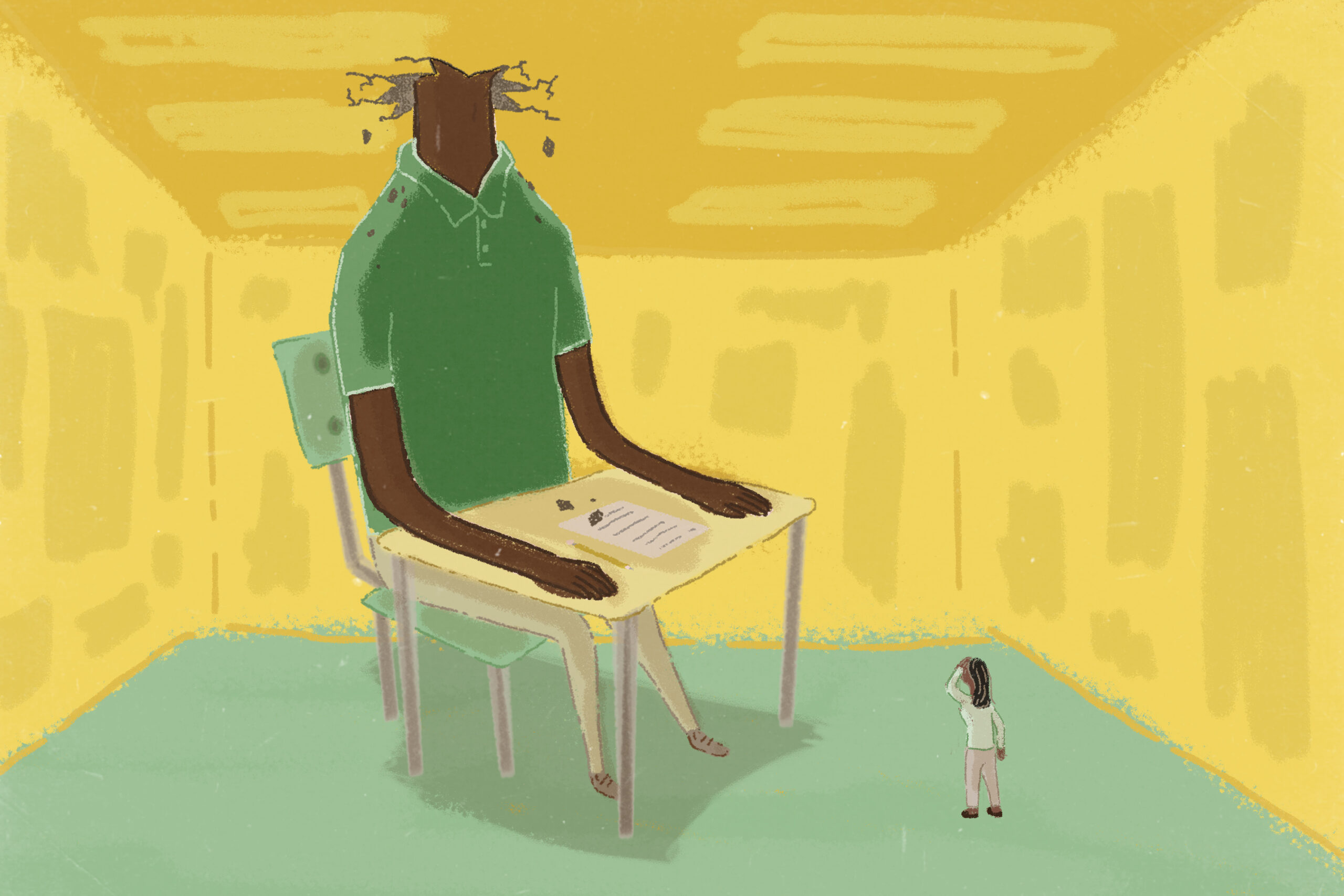Gifted students require special education to address their unique needs and maximize their full potential. Specialized programs and services tailored to their abilities ensure they receive appropriate academic challenges and opportunities for advanced learning.
Meeting the educational needs of gifted students is a crucial aspect of fostering their development and ensuring their success. These students possess exceptional abilities and talents that set them apart from their peers. To fully support their intellectual, social, and emotional growth, they require specialized education that goes beyond the standard curriculum.
Gifted education programs are designed to identify and nurture their potential, providing them with the necessary tools to flourish academically and beyond. This article explores the reasons why gifted students benefit from special education and how these programs cater to their unique needs. By offering targeted academic challenges and opportunities, special education for gifted students plays a crucial role in their educational journey.

Credit: oakcrestacademy.org
Understanding The Different Educational Needs
Gifted students have unique characteristics and traits that require special attention in their education. These students exhibit exceptional intelligence, creativity, and a high level of motivation. They often learn at a faster pace and require more challenging and advanced material to stay engaged. In a regular education setting, these students may face several challenges.
Gifted students tend to get bored easily as the regular curriculum may not provide sufficient intellectual stimulation. They may feel isolated and not be able to connect with their peers due to their divergent thinking and interests. Furthermore, they may struggle with perfectionism, feeling immense pressure to excel in every aspect.
In a regular classroom, gifted students may not be adequately challenged, leading to underachievement and a lack of fulfillment in their educational experience. They need specialized education programs that are tailored to their unique abilities and allow them to fully develop their potential.
| Challenges Faced by Gifted Students in Regular Education |
|---|
| Boredom due to lack of intellectual stimulation |
| Feeling isolated from peers |
| Pressure to excel and perfectionism |
| Underachievement and lack of fulfillment |
Addressing Emotional And Social Needs
STARTGifted students require special education to address their emotional and social needs. One aspect of this is developing social skills and peer relationships. Gifted students often struggle with social interactions due to their advanced abilities and unique perspectives. To overcome this, it is essential to provide them with opportunities to practice social skills in a supportive environment. Cooperative learning activities and group projects can help them develop effective communication, teamwork, and conflict resolution skills. Additionally, teaching them about empathy and emotional intelligence can enhance their ability to understand and relate to their peers.
Another challenge gifted students face is dealing with perfectionism and high expectations. Their innate desire for excellence can lead to self-imposed pressure and anxiety. Educators and parents play a vital role in helping them embrace their mistakes and learn from them. Encouraging a growth mindset and teaching strategies for managing stress can support their emotional well-being. It is important to acknowledge their accomplishments and praise their efforts rather than solely focusing on outcomes. By fostering a positive and nurturing environment, gifted students can develop resilience and confidence in themselves.
ENDMeeting Academic Needs
Gifted students require special education programs that cater to their unique abilities and challenges. To meet their academic needs, effective differentiation and enrichment strategies are crucial.
Differentiation involves tailoring instruction to address individual student’s specific requirements. Teachers can use various approaches such as flexible grouping, tiered assignments, and compacting the curriculum.
Enrichment strategies provide opportunities for gifted students to explore advanced topics and engage in in-depth learning. These strategies can include acceleration, which allows students to progress faster through the curriculum, skipping redundant material. Advanced Placement (AP) programs enable students to take college-level courses while still in high school, challenging them with rigorous content.
The combination of differentiation and enrichment helps gifted students reach their full potential by offering challenging and engaging learning experiences.
Providing Specialized Support
htmlIndividualized Education Plans (ieps)
Gifted students require special education programs and services to fulfil their unique needs. The implementation of Individualized Education Plans (IEPs) ensures that these students receive the appropriate educational support. IEPs are tailored to address the specific academic, social, and emotional requirements of each gifted student. These plans provide a roadmap for educators, parents, and other professionals involved in the student’s education, outlining the necessary accommodations, modifications, and enrichment opportunities. By developing IEPs, educational institutions can ensure that gifted students are challenged and engaged while receiving the appropriate level of support. Furthermore, specialized education programs for gifted students offer a range of services, including accelerated curriculum, enrichment activities, and advanced coursework. These programs are designed to meet the intellectual needs of gifted learners, fostering their growth and maximizing their potential. Gifted education programs and services play a vital role in nurturing the talents and abilities of these exceptional students.
Collaboration Between Parents, Teachers, And Schools
Recognizing and Nurturing Giftedness at Home:
Parents play a crucial role in identifying and nurturing giftedness in their children. Observation and communication are key to recognizing exceptional abilities. Parents should look for signs such as advanced problem-solving skills, curiosity, an intense passion for specific subjects, and a high level of creativity. By providing enriching experiences and resources, parents can enhance their child’s strengths and interests. Encouraging exploration, exposing them to new ideas, and fostering a love for learning can further support their development. Additionally, creating a supportive and stimulating environment at home is important in nurturing giftedness.
The Role of Educators in Identifying and Supporting Gifted Students:
Educators have an essential role in recognizing and supporting gifted students. By employing various assessment techniques and tools, including observation, testing, and portfolio assessments, educators can identify giftedness in students. Collaboration with other teachers and specialists within the school is crucial for developing appropriate educational plans and programs. These programs should provide the necessary challenge and engagement to meet the unique needs of gifted students. Regular communication with parents is also vital in ensuring a holistic approach to education and support. By working together, parents, teachers, and schools can create an optimal learning environment for gifted students.
Frequently Asked Questions For Why Do Gifted Students Need Special Education
Why Are Gifted Kids Actually Special Needs?
Gifted kids are classified as special needs due to their unique learning needs and challenges. They require specialized educational support and accommodations to reach their full potential. These children display advanced cognitive abilities and often experience social and emotional difficulties.
Proper identification and tailored interventions are necessary to meet their educational needs effectively.
Why Do Gifted Students Struggle In School?
Gifted students may struggle in school due to a lack of challenge or engagement, leading to boredom and disinterest. In addition, social and emotional differences can contribute to difficulties in relating to peers or feeling misunderstood. These factors can hinder their academic performance and overall success in the traditional school setting.
Do Gifted People Have Learning Disabilities?
Gifted individuals can have learning disabilities.
What Is The Difference Between Gifted And Special Education?
Gifted education focuses on providing specialized instruction and support to students who have exceptional abilities or talents. Special education, on the other hand, caters to students with disabilities or learning challenges. Both aim to meet unique educational needs but in different ways based on the student’s strengths or weaknesses.
Conclusion
Gifted students require special education to meet their unique needs and unleash their full potential. By addressing their advanced cognitive abilities, specialized programs can challenge and engage these students, ensuring they don’t miss out on opportunities to excel academically. The personalized attention and tailored curriculum help nurture their talents and foster a love for learning.
By investing in gifted education, we empower these students to become future leaders and innovators, benefiting society as a whole.







